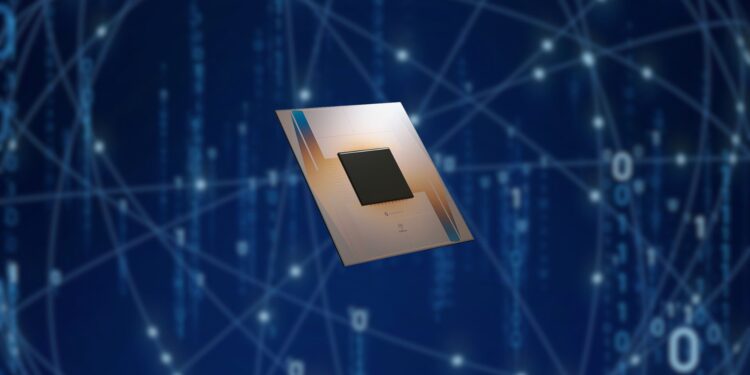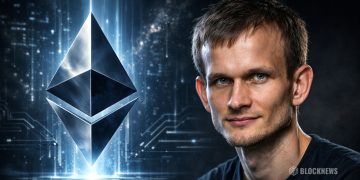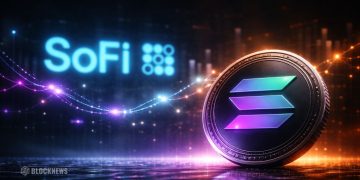- Quantum Leap: Google’s Willow chip significantly reduces errors in quantum computing, a major hurdle in the field. This advancement allows qubits to remain stable for longer periods, enabling more complex computations.
- Real-World Applications: While still in its early stages, quantum computing has the potential to revolutionize various industries, including drug discovery, materials science, and artificial intelligence. Google’s progress with Willow brings us closer to realizing these practical applications.
- Economic Impact: The economic implications of quantum computing are substantial. As quantum machines become more powerful and accessible, they could drive innovation and create new industries. However, the ultimate measure of success will be their ability to generate real-world value and solve pressing problems.
Google has unveiled Willow, its latest quantum computing chip, boasting the ability to perform complex computations in under five minutes—tasks that would take the fastest supercomputers an unimaginable amount of time. This announcement positions Google as a leader in the race to make quantum computing a practical reality, competing with major players like IBM, Microsoft, Amazon, and Nvidia.
Willow: Advancing Quantum Error Correction
Willow addresses one of quantum computing’s greatest challenges—errors caused by qubits interacting with their environment. These errors often disrupt computations and cause systems to lose quantum properties like superposition and entanglement, rendering them ineffective.
“Errors are one of the greatest challenges in quantum computing,” explained Hartmut Neven, founder of Google Quantum AI. “Typically, the more qubits you use, the more errors occur, and the system becomes classical.” Willow’s design significantly reduces these disruptions, ensuring qubits remain stable for longer periods, a critical improvement for reliable computations.
The Promise of Quantum Computing
Quantum computers differ from classical machines by using qubits, which can exist in a state of superposition—representing 0, 1, or both simultaneously. This unique characteristic allows quantum systems to perform numerous computations simultaneously, tackling problems that classical computers cannot solve.
Qubits also utilize entanglement, linking their states in a way that makes them interdependent. This enables quantum computers to solve highly complex problems in areas such as climate modeling, drug discovery, and theoretical physics, while also posing potential risks, such as breaking widely used encryption schemes like RSA.
Expert Insights on Willow’s Capabilities
Dr. Erik Garcell, Director of Quantum Enterprise Development at Classiq, highlighted Willow’s advancements in error correction as a major step forward.
“Google’s innovation with coherence time extends the lifespan of qubits, reducing noise during computations,” Garcell said. “This improvement represents significant progress for superconducting qubits, which are pivotal to the future of quantum computing.”
From Research to Business Applications
Google’s advancements with Willow are paving the way for quantum computing to transition from theoretical concepts to practical business applications.
“Google’s progress with Willow suggests that companies could begin using quantum computers in the next two to three years,” Garcell remarked. “This technology is no longer an abstract idea—it’s becoming a tangible tool for businesses, and companies are already exploring how to integrate quantum machines alongside high-performance classical computers.”
Google tested Willow using the Random Circuit Sampling benchmark, a method it developed in 2019 to compare quantum and classical computer performance. While Willow’s results show significant progress, the next challenge lies in achieving computations that are not only “beyond-classical” but also applicable to real-world scenarios.
Economic Implications of Quantum Computing
The true benchmark for quantum computing’s success, Garcell emphasized, will be its ability to generate economic value.
“Ultimately, what matters is whether quantum computing makes people money,” he said. “Businesses will evaluate whether to use classical or quantum computers based on cost-effectiveness and efficiency. That’s the measure that will determine quantum computing’s role in the business world.”
Google’s Willow chip represents a significant leap in quantum computing, bringing the technology closer to practical use in business and beyond. By tackling challenges like error correction and advancing benchmarks, Google is accelerating the timeline for quantum computing to make meaningful contributions to industries worldwide.














